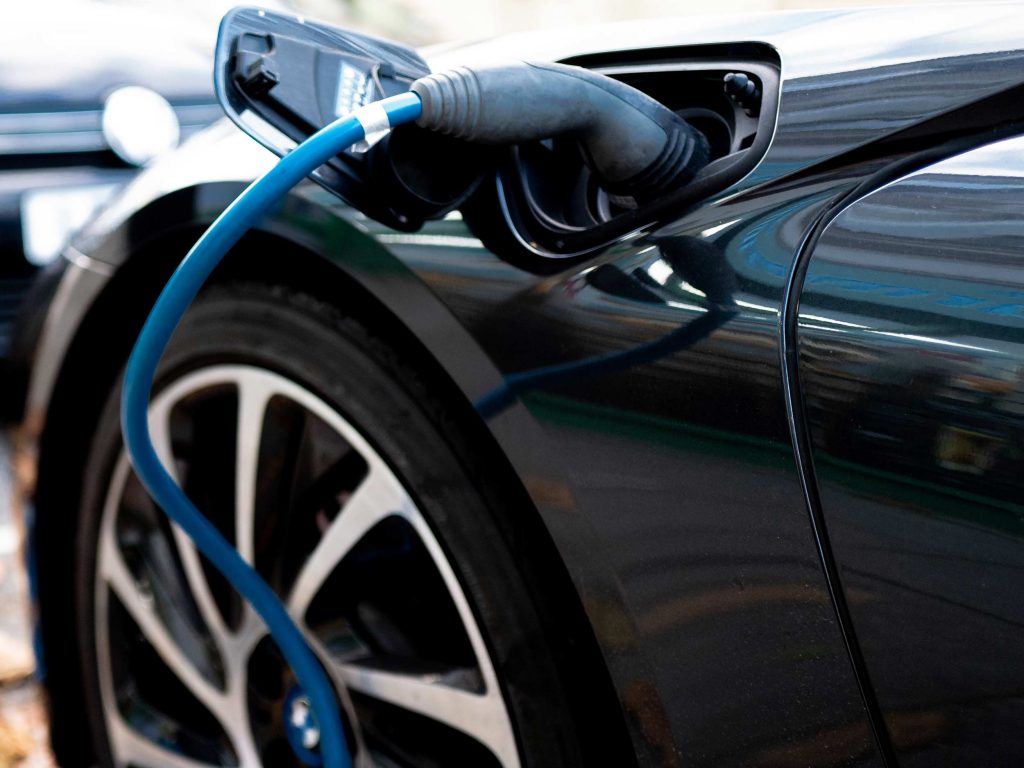
With the world becoming increasingly concerned with our environment and protecting the planet, there has been an increased investment and interest in electric vehicles. But what does this mean for the auto-industry? How will it affect our environment? And is it an achievable change wide-scale?
What are electric vehicles?
Electric vehicles are cars and other forms of transport that run at least partially on electricity. Unlike conventional vehicles that use a gasoline or diesel, electric cars use an electric motor powered by batteries or a fuel cell. However, not all electric cars are built the same way. There are a whole range of different types of electric vehicles (or “EVs”):
- Plug-in hybrids: These cars offer both a gasoline/diesel engine and an electric motor. The motor is powered by a battery that can be recharged by plugging in.
- Battery Electric Vehicles: These vehicles forgo liquid fuels entirely, operating exclusively on electricity.
- Hydrogen Fuel Cell Vehicles: These cars power an electric motor by converting hydrogen gas into electricity.
Fun fact: Many people consider conventional hybrid cars to be electric vehicles, however contrary to popular belief, these don’t count since they do not plug in to charge.
How do electric vehicles benefit the environment?
One of the main benefits of investing in an electric vehicle is the sustainability aspect. Electric cars are often cleaner than even the most efficient conventional vehicles, generating less air pollution and greenhouse gas emissions due to their electrical nature. In fact, when charged exclusively with renewable electricity like solar or wind power, charging and operating an EV can be nearly emission free.
According to the Union of Concerned Scientists, when battery electric EVs are powered by the cleanest electricity grids, greenhouse gas emissions from EVs are comparable to a car getting over 100 miles per gallon. This could be a huge step in the fight against global warming.
Are electric vehicles reliable?
While the sustainable benefits of electric vehicles are undeniable, they do pose their own set of issues. Many people view electric cars as unreliable and unsuitable for long journeys, currently with few options for long-range electric vehicles on the market. On top of this, those options that are available often aren’t friendly to your budget.
However, with hot firms such as Tesla investing in the development of more reliable electric vehicles, more options are becoming available. Maybe someday soon, these options will become more reliable and affordable, and accessible to the general public.
Will electric vehicles become more common?
At the start of November, the Prime Minister confirmed that the UK government would be bringing forward its ban on the sale of new petrol and diesel-engined cars from 2040 until 2030, with some hybrid cars allowed until 2035. This large change in policy will lead to automotive companies making a large shift towards more sustainable options, such as electric vehicles.
We have already seen EV sales rise 65% between 2017 and 2018, and with major companies such as Tesla, General Motors and Nio investing in EV developments, who knows where the next 10 years will take us?
Do you believe that electric vehicles are the right way to go? Let us know what you think, and learn more about our emission reducing services here.